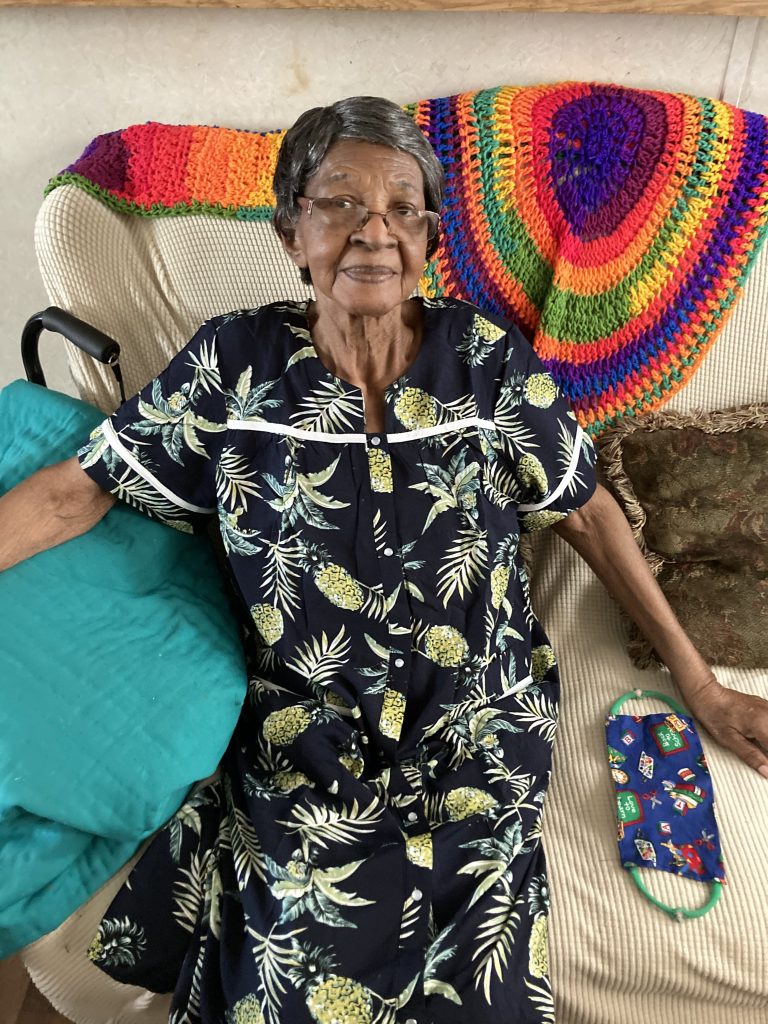
When I started my PhD in 2019 I set out to investigate the effectiveness and accessibility of support groups for carers of people with dementia. I was initially interested in this topic because I spoke with many carers who said their support group was a real lifeline for them. Carers said that the support group was a way to get advice about caring for someone with dementia and a space to make friends who could fully understand and relate to what they were going through.
However, for many people, accessing a face-to-face support group is not possible. For example, this could be due to work or childcare responsibilities, lack of access to respite care or transport, or living in a rural area with no appropriate groups nearby. I was interested in exploring options for overcoming these barriers and making support groups easier to attend. One such option for making support groups more accessible was to hold meetings online, as carers can participate in online support groups from their own home, eliminating the need for travel and respite care and allowing them to connect with people across greater distances.
At the time I started my PhD there were not many options for online support groups, and many carers were not aware they existed. This of course changed in March 2020 when the UK went into lockdown for the first time as a result of COVID-19, which led to large numbers of support services rapidly moving online. This shift revealed many advantages and disadvantages of online support groups and the challenges of creating an online community.
There are now thousands of carers in the UK accessing support groups online so I want to find out about their experiences, to explore what does and doesn’t work for online support groups and strategies for making these groups as effective as possible. I’m also interested in comparing how the support group experience differs when it is delivered online compared to when it is delivered face-to-face, as this information could be useful in helping organisations understand carer preferences about the type of support they’d like to receive. The main aim of this project is to create guidelines and advice about best practice, to help organisations that provide online support groups to optimise their services and ensure that their groups are accessible to as many people as possible.
You can find out more about this study here.
If you know of any individuals or groups that may be interested in participating in the study please share this link with them as it would be great to hear the opinions of as many carers as possible.

Bethany McLoughlin is a PhD student at the University of Warwick. Her research focuses on investigating the effectiveness of support groups for carers of people with dementia. Bethany has adapted her research to these changing times and is also interested to learn about the influence of COVID-19 on support groups, and whether online support groups have been effective way of decreasing social isolation in carers during the pandemic.




